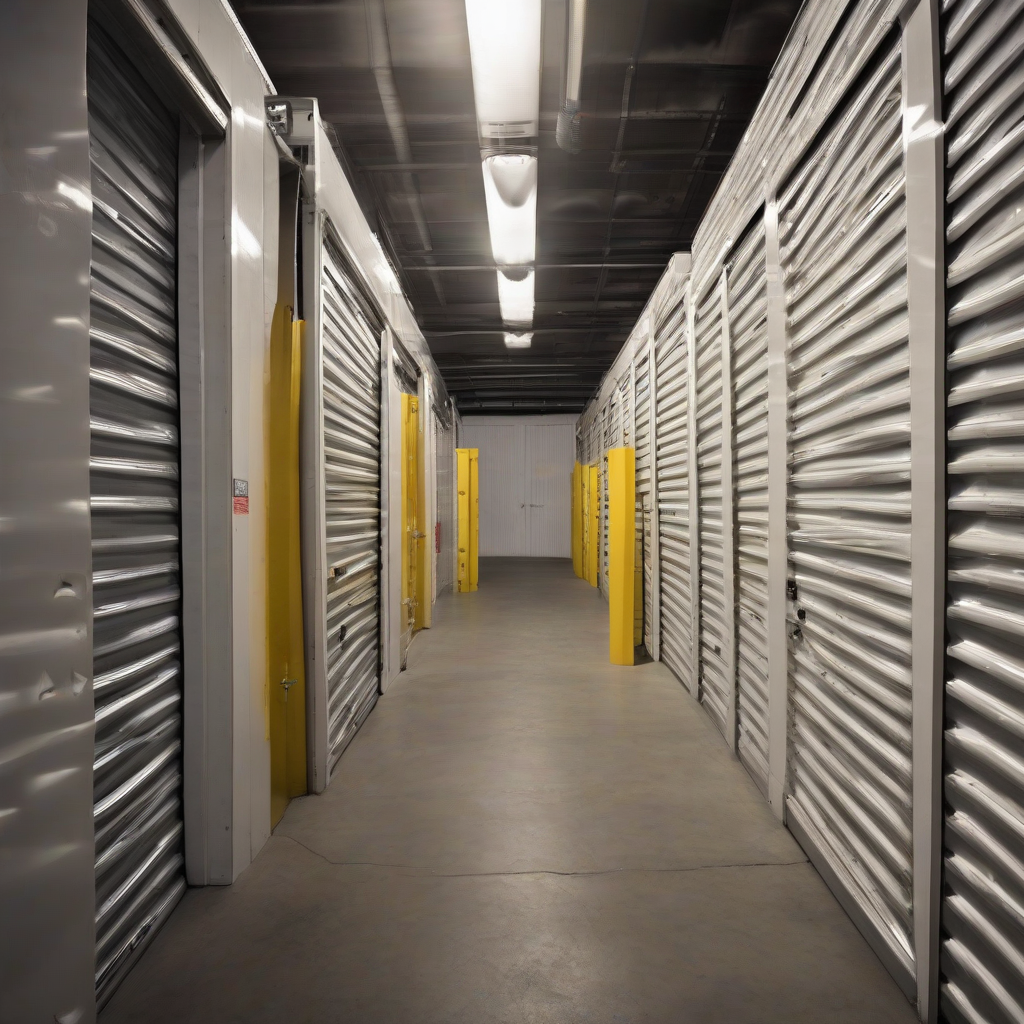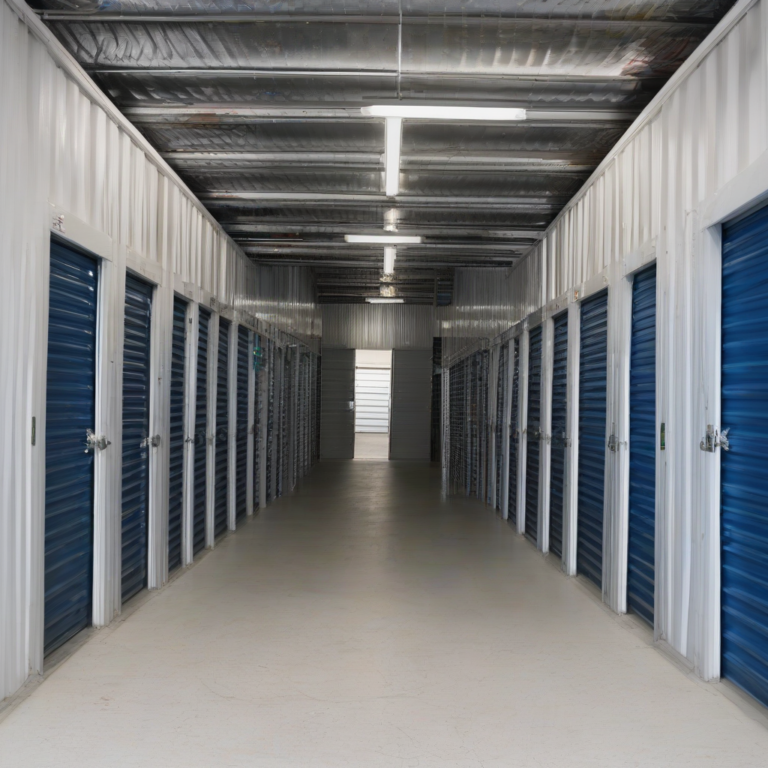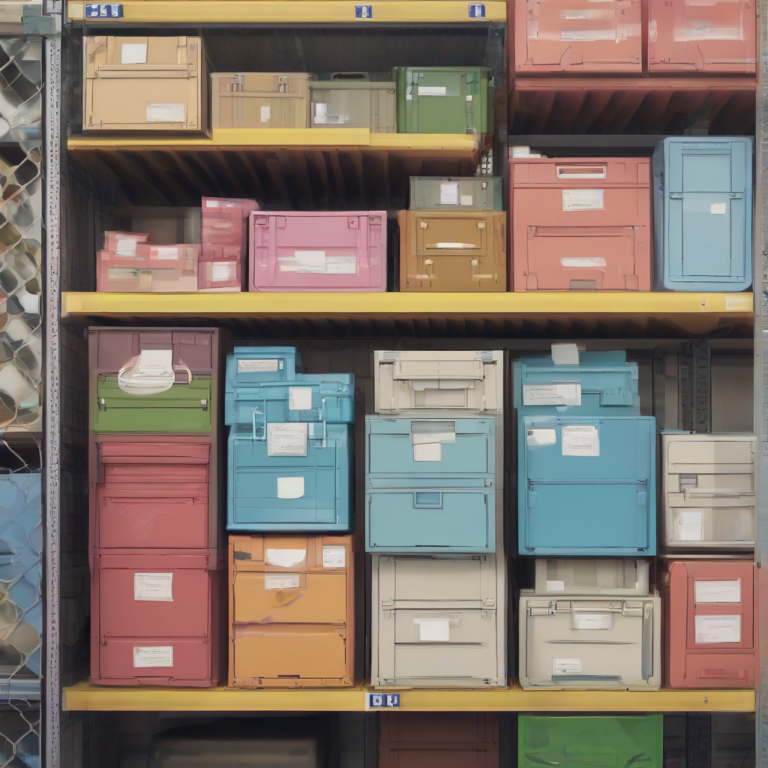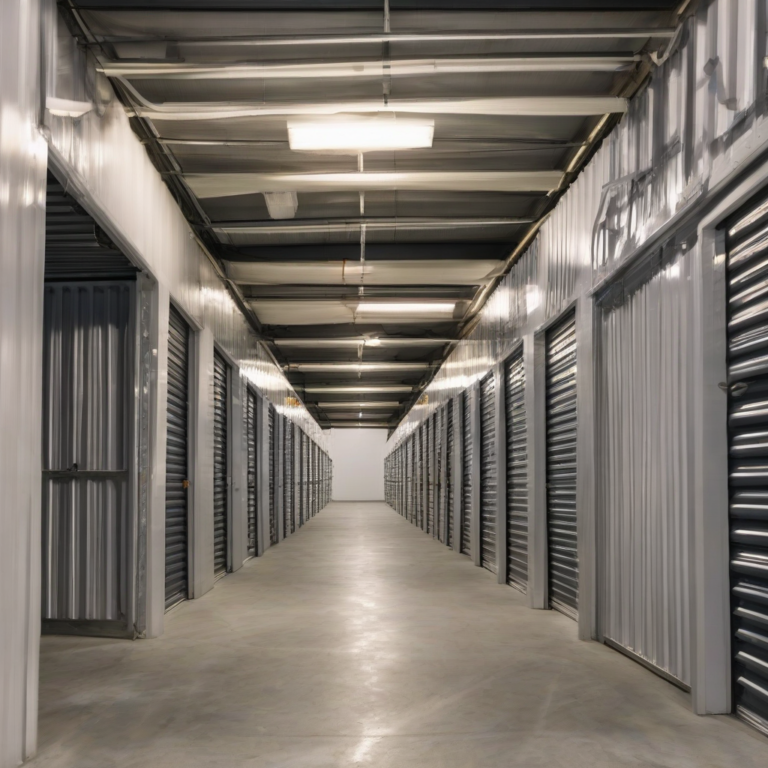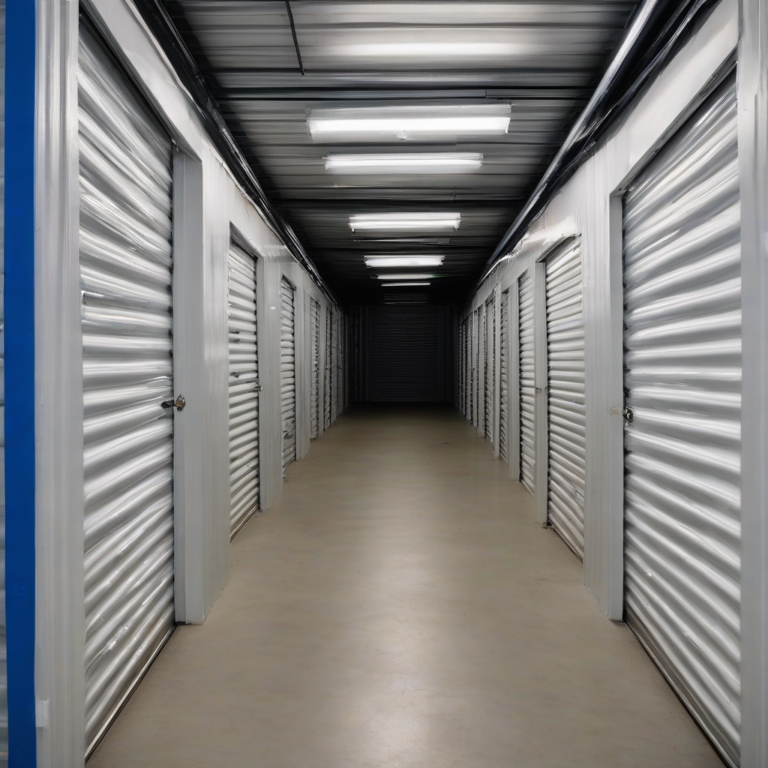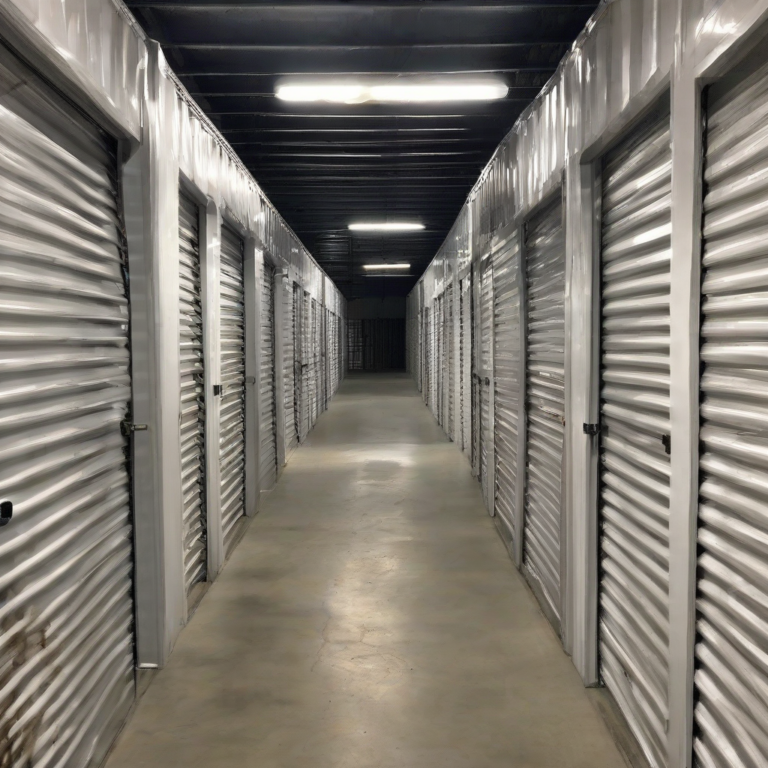Navigating the Maze: Your Ultimate Guide to New York City Storage Units
Navigating the Maze: Your Ultimate Guide to New York City Storage Units
New York City, a concrete jungle teeming with life and opportunity, also presents a unique challenge: storage. Finding affordable, secure, and accessible storage in one of the world’s most densely populated cities can feel like searching for a needle in a haystack. This comprehensive guide will unravel the complexities of NYC storage units, helping you make informed decisions and avoid common pitfalls.
Types of NYC Storage Units
- Self-Storage Facilities: These are the most common type, offering various unit sizes, from small lockers to large rooms. They typically involve a lease agreement, monthly payments, and access during specified hours.
- Indoor vs. Outdoor Units: Indoor units offer better protection from the elements, while outdoor units may be more affordable but less secure.
- Climate-Controlled Units: Essential for sensitive items like furniture, electronics, and artwork, these units maintain a consistent temperature and humidity level, preventing damage.
- Mini Storage Units: Perfect for smaller belongings, these units are typically the most affordable option.
- Business Storage Units: Designed for businesses needing to store inventory, equipment, or documents, these units often offer larger sizes and enhanced security features.
Factors to Consider When Choosing a Storage Unit in NYC
- Location: Proximity to your home or business is crucial, minimizing transportation costs and time. Consider the ease of access, traffic patterns, and parking availability.
- Unit Size: Accurately assess your storage needs. Measure your items carefully and choose a unit that comfortably accommodates everything, leaving some room for maneuvering.
- Security: Prioritize security features such as surveillance cameras, secured access gates, and well-lit facilities. Check for insurance options offered by the facility.
- Price: Compare prices from different facilities in your desired area. Remember that price often reflects location, amenities, and security levels. Factor in any additional fees like administrative charges or late payment penalties.
- Accessibility: Consider the facility’s hours of operation and whether you need 24/7 access. Check for loading docks, elevators, and other accessibility features if you have large or heavy items.
- Reputation: Read online reviews and check the facility’s reputation before committing to a lease. Look for consistent positive feedback about cleanliness, security, and customer service.
- Lease Terms: Carefully review the lease agreement, understanding the terms, conditions, and cancellation policies. Inquire about early termination fees and any penalties for late payments.
- Insurance: Determine whether the facility offers insurance or if you need to obtain your own coverage to protect your belongings against damage or theft.
Finding Storage Units in NYC: A Step-by-Step Guide
- Online Searches: Use search engines like Google, Yelp, and specialized storage unit websites to find facilities in your area.
- Comparison Websites: Utilize comparison websites that allow you to filter results based on location, size, price, and amenities.
- Local Recommendations: Ask friends, family, neighbors, or coworkers for recommendations on reputable storage facilities in NYC.
- Facility Visits: Before committing, visit potential facilities in person. Assess the cleanliness, security, and overall condition of the facility.
- Negotiate Prices: Don’t hesitate to negotiate the price, especially if you’re signing a longer-term lease or renting a larger unit.
Tips for Efficient Storage in NYC
- Purge Unnecessary Items: Before renting a unit, declutter your belongings and get rid of anything you don’t need or use. This will save you money on storage space.
- Proper Packing: Pack items carefully using appropriate boxes and packing materials. Label boxes clearly to easily locate items later.
- Inventory List: Create a detailed inventory list of everything you store, including descriptions and photos. This is crucial for insurance claims.
- Protect Valuables: Store high-value items in climate-controlled units and consider additional security measures.
- Pest Control: Take preventative measures against pests by using sealed containers and keeping the unit clean.
- Regular Check-ins: Periodically visit your storage unit to ensure everything is in order and address any issues promptly.
Understanding NYC Storage Unit Costs
The cost of storage units in NYC varies widely depending on location, size, amenities, and the length of the lease. Expect to pay a premium compared to other areas due to high demand and limited space. Factors influencing pricing include:
- Location: Manhattan typically commands the highest rates, while outer boroughs may offer more affordable options.
- Unit Size: Larger units naturally cost more.
- Amenities: Climate control, enhanced security features, and convenient access increase the cost.
- Lease Duration: Longer-term leases often come with discounted rates.
- Insurance: Adding insurance to your policy will increase monthly costs.
Avoiding Scams and Pitfalls
- Beware of Unrealistic Prices: If a deal seems too good to be true, it probably is. Scrutinize any offers that seem suspiciously low.
- Read the Fine Print: Thoroughly read the lease agreement before signing, understanding all terms, conditions, and fees.
- Verify the Facility’s Legitimacy: Research the facility’s reputation and ensure it’s properly licensed and insured.
- Don’t Pay in Advance for Long Periods: Avoid paying for an extended period upfront unless you’re completely certain about your needs.
- Report any Suspicious Activity: If you notice any suspicious activity at the facility, report it to the management immediately.
Moving Your Belongings: NYC Specific Considerations
- Moving Companies: Research and hire reputable moving companies, especially if you have many items. Get multiple quotes and ensure they are properly licensed and insured.
- Traffic and Parking: Account for NYC traffic congestion and potential parking difficulties when scheduling your move.
- Elevator Access: If you live in a building without an elevator, consider this when selecting a moving company and planning your move.
- Loading and Unloading Zones: Be mindful of loading and unloading regulations in your area.
Long-Term Storage Considerations
- Regular Inspections: Conduct regular inspections of your stored items to identify any potential damage or issues.
- Pest Prevention: Implement ongoing pest control measures to prevent infestations.
- Climate Control Maintenance: Ensure that your climate-controlled unit is functioning properly.
- Lease Renewals: Be aware of lease renewal dates and negotiate rates if necessary.
